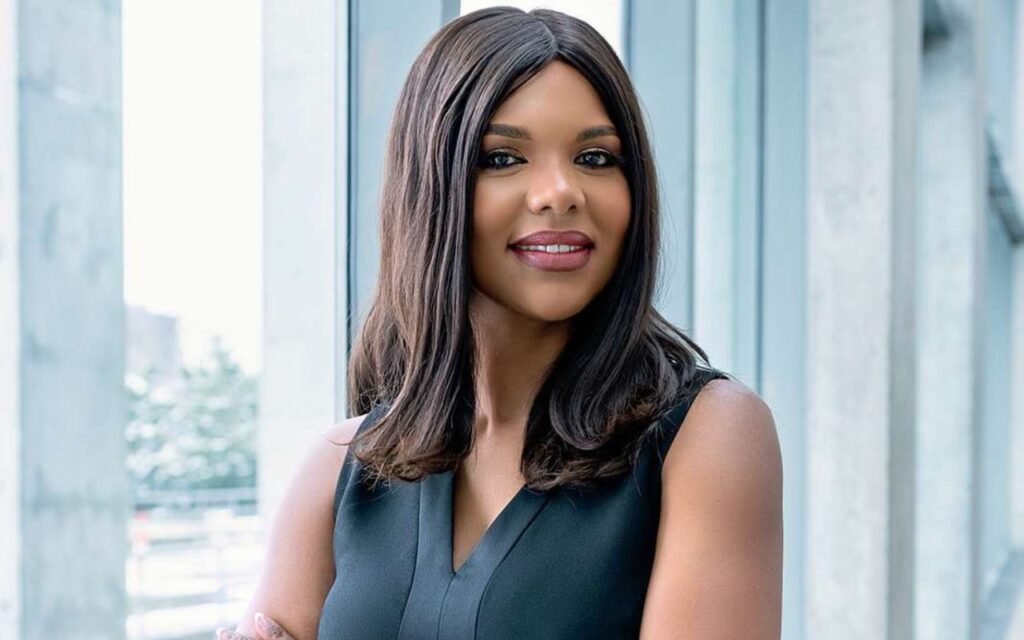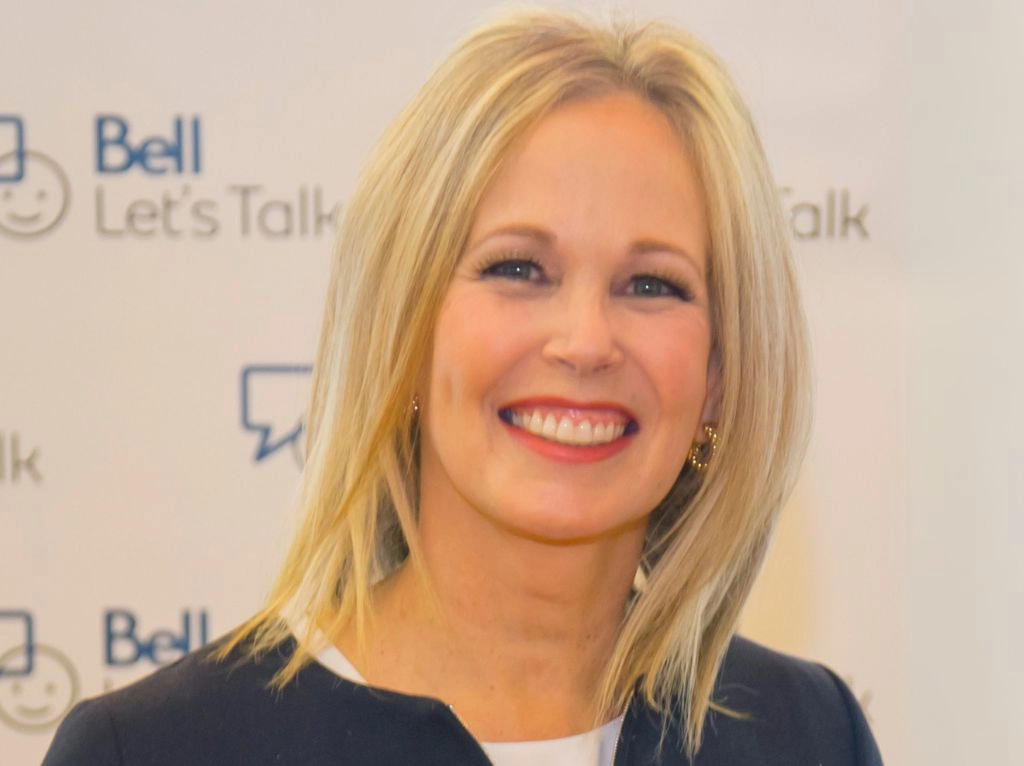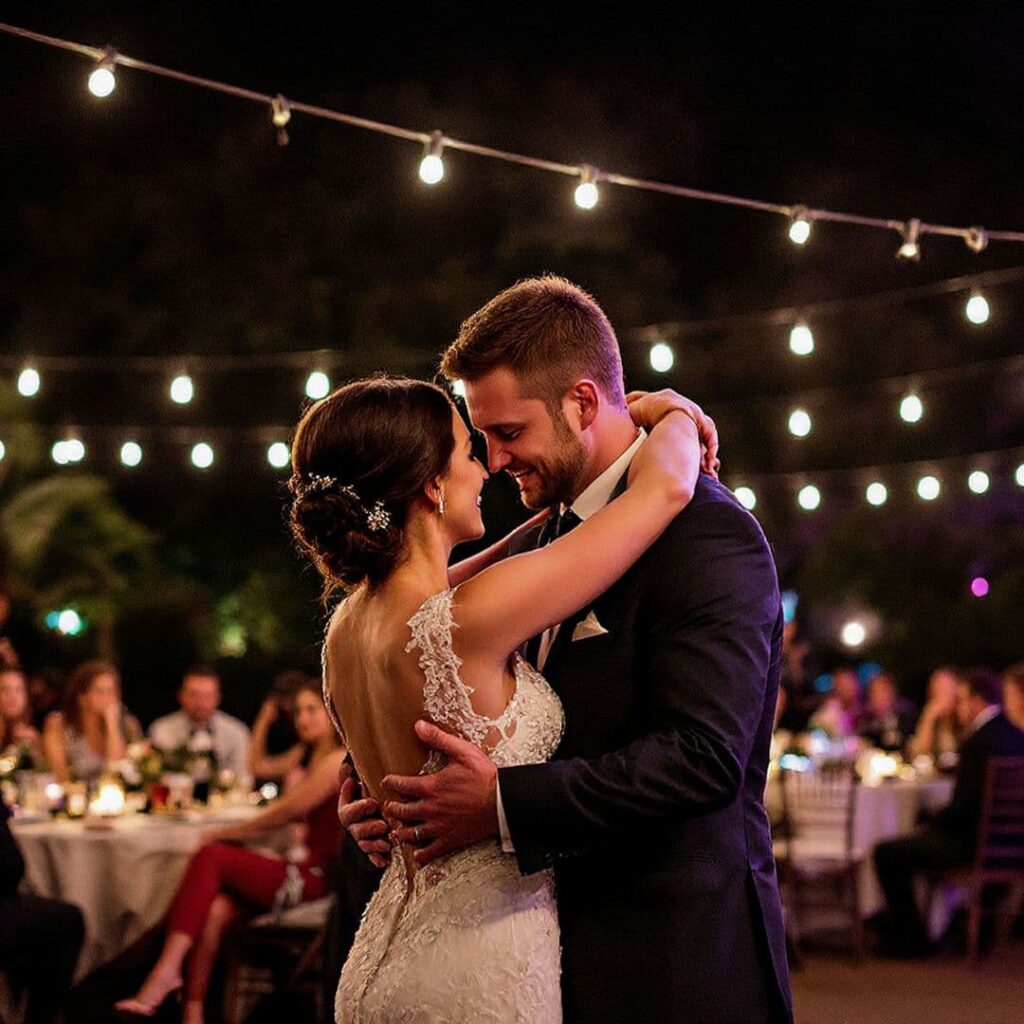
Jennifer Stewart: Where are we in terms of the DEI conversation? We saw huge swings against it earlier this year – where do you think we are now?
Mante Molepo: I think it’s important to situate the conversation in the context of broader societal shifts, because those shifts impact organizations, and in turn, individuals.
We had the racial reckoning in Canada following the murder of George Floyd in 2020. We saw a real rise in anti-Asian racism during the COVID-19 pandemic. Around the same time, the recovery of unmarked graves at former residential schools raised serious questions about our commitment to truth and reconciliation.
Then came the backlash. I would say it’s always been there, but it surfaced more visibly in the past year. We’ve also seen a rise in extremism in Canada and around the world. Even CSIS has warned that ideologically motivated violent extremism is a threat to our country. Disinformation and AI-generated content have amplified hate and resentment – for example, deepfakes spreading false narratives about immigrants taking jobs.
That societal backdrop shapes how organizations are responding. From what I’ve observed, there are three main reactions:
- Complete withdrawal from supporting DEI initiatives or programs.
- Rebranding DEI – keeping some of the work, but using softer or more palatable language, like “belonging,” “culture,” or “human capital.”
- Remaining steadfast – continuing to be vocal and stand firmly by DEI commitments.
At the individual level, people are internalizing all of this. We see resistance from those who fear their jobs are being lost to DEI hires, or who feel that “woke culture” threatens their identity. We also see resistance from people who are invested in this work but feel their organizations are being performative or not meaningful in their DEI efforts – so they check out in their own way.
I think the next step is to change the narrative by understanding where people are coming from. One of the biggest mistakes we make is not listening to the resistors. We tend to shut them down, which means we never get to the root of the problem. For leaders, one of the most powerful things you can do is take the time to listen – whether it’s to people who think DEI threatens merit, or to those who believe the work is superficial and not creating real change. Both perspectives can offer important insights.
Catherine Clark: Given everything you’ve just said – even mentioning CSIS – it seems like these conversations, and the volatility around them, are happening at every level. If Canada’s security service is monitoring increasing threats, and families are struggling to figure out how to safely talk about world events or topics like sex and gender at the dinner table, it feels like things have really exploded. You used the word “woke” – something we’ve been hearing everywhere. How has the conversation around DEI shifted recently, and where does that leave organizations whose leaders genuinely want to make progress?
Mante Molepo: The uncertainty around DEI is real. We live in an age of social media where many people feel they have license to say whatever they want without consequence. I think that’s one of our biggest problems – we’ve lost the ability to connect as human beings. Hiding behind screens to unleash vitriol creates a huge disconnect in our communities.
Then, when we gather around the Thanksgiving table and someone makes a comment, it can quickly shut down discussion – which is why so many people avoid talking about politics altogether. But I believe we need to start humanizing one another again: seeing each other across differences and building connection. That’s the foundation for rebuilding communities and understanding each other’s perspectives.
I always start my courses with a quote from Margaret Wheatley: “Human conversation is the most ancient and easiest way to cultivate the conditions for change – personal change, organizational change, and community change.” If we begin with that principle, we can approach conversations differently. One of the biggest challenges is that we often enter discussions with the goal of convincing the other person to agree with us. We listen just long enough to respond, not to truly understand. But human conversation is about uncovering our underlying values – even on the most polarizing issues.
Jennifer Stewart: I hear what you’re saying, and I agree – but the reality is, so many of these conversations are heated. As you mentioned, people often come in wanting to change someone’s mind rather than listen, and others are afraid of saying the wrong thing. That means these conversations aren’t very productive, and we’re not truly having them to listen. How can we tangibly change how we have these conversations so they’re more productive and people feel safe speaking their minds?
Mante Molepo: That’s a great question. My main focus is on leaders and boards, so I spend a lot of time looking at how leadership shapes these dynamics. The first thing I always tell leaders is: model the behaviour you want to see.
If we start by saying, “I don’t have all the answers,” it opens the door. When I run sessions, I begin by talking about the mistakes I’ve made – times I’ve misgendered someone, the biases I hold (and continue to work on), or the microaggressions I’ve committed. As a leader, demonstrating that kind of vulnerability sends a powerful message: you don’t have to be perfect to engage. In fact, vulnerability can be a strength.
The second piece is normalizing conversations as part of your organizational culture. Too often, we shy away from discussions about identity, DEI, or other sensitive topics. But it’s important to encourage them – even if we don’t all agree.
Creating space for voices that are often left out – and showing that speaking up won’t lead to punishment or dismissal – is key. That’s what we mean by psychological safety: the ability to speak up, share concerns, or admit mistakes without fear of being punished, humiliated, or facing reprisal. This goes a long way in encouraging open, productive conversations.
Jennifer Stewart: Mante, how do we ensure these conversations don’t just fall on the shoulders of women leaders?
Mante Molepo: That’s a great question. This is work that everyone in an organization is implicated in. One of the biggest challenges I see – not just with conversations, but with DEI work overall – is that, especially now, as programs are being defunded or chief diversity officer roles are being eliminated, the responsibility is often shifted to DEI councils or committees.
These committees are usually made up of volunteers within the organization who are expected to do this work “off the side of their desk,” while still carrying their full-time responsibilities. That weakens the impact for two reasons: first, the people in these roles may not have the expertise, and second, they often don’t have the capacity to lead the work effectively.
This also removes accountability from leadership. What ends up happening is that these individuals – often women, racialized people, or other equity-deserving employees – take on unpaid labor, experience burnout, and become disengaged. That’s never good for retention.
DEI work should be led at the executive level. Departments and senior leaders should be accountable for it, and it should be integrated into every job description. When we take away that accountability, we undermine the very commitments we say we want to achieve.
Catherine Clark: Mante, at the most basic level – why is it important to have these conversations? Why does it matter that we shift the way we speak and recognize the value of talking about these topics in our workplaces, especially given the pushback right now? Why do you feel this is essential?
Mante Molepo: Oh, I love that question. Ultimately, it’s because we’ve become so disengaged from one another. It’s “us versus them” – when, if we truly sat down together, we could understand where each of us is coming from. That requires compassion and communication: the ability to see each other in human terms by identifying what our feelings and needs are from one another.
Let me give an example. The verdict in the Hockey Canada sexual assault case was announced recently, and in the legal profession there’s been intense, heated exchanges on social media between Crown counsel, defense counsel, and human rights lawyers. People are talking at each other – telling each other to “shut up,” trading barbs, and showing a lot of vitriol. And we see this same dynamic in so many other contexts.
What’s missing is the ability to connect. Nobody wants women to endure what happened in that case. Nobody wants people to be unfairly charged. I’m not taking a position on the verdict itself, but I am saying that we need to communicate in a way that doesn’t focus solely on what we think is right and what they are doing wrong.
Instead, we should try to uncover the underlying values that unite us, rather than divide us. If we can start conversations from a place of understanding who we are and what we share, we’ll find there’s far more that brings us together than pushes us apart.







